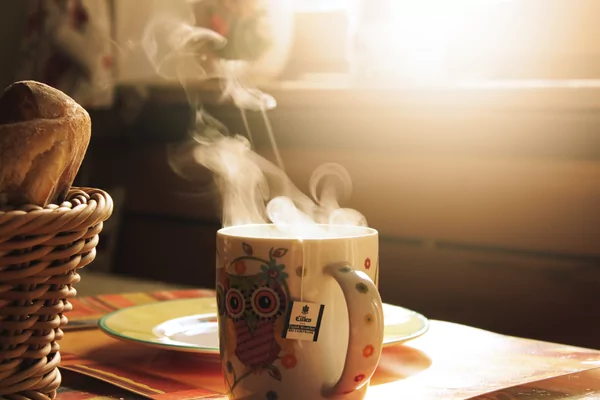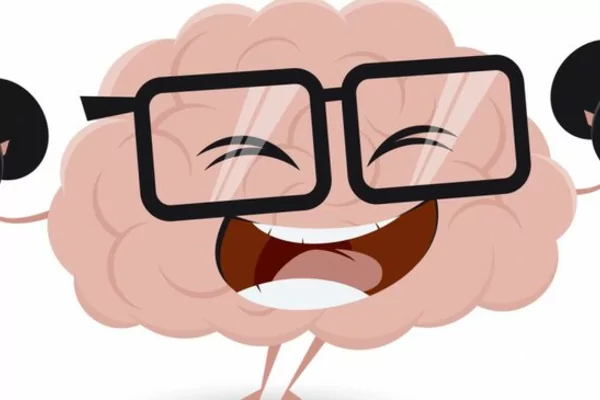Soon, my children will celebrate their birthdays again, and patience is not necessarily a strength that they have already become a master in. Or let‘s take the little trip, planned for the next holidays. „How many more days?" They will grouch and ask me the same thing five times. And since they are not yet into counting high numbers, we sometimes count more creatively: „You will go to the forest with the class one more time before."
Well, we adults are no better, it is just that we often conceal our impatience more skilfully: We pull out the phone when we have to wait somewhere. We distract ourselves with television, activities, or food. We ask if the other one has actually gotten our mail, if he dares not to respond within a few days.
Never here but always on the way to someplace else
Very often we are on our way somewhere or we push ourselves to get to a certain point. Thus we miss the here and now, because our view is only over there (and in the future). A feeling of impatience quickly kicks in: at the bus stop, on an appointment, at the thought of the upcoming holiday. We are confronted with resistance, strife and attempts to solve it, because impatience has as its core the idea: This moment right now is not good enough. Thus I am waiting for something else.
What is patience?
What is patience? The dictionary describes it as „the ability to accept delay, annoyance or suffering without complaining", originally derived from the Latin word patientia (=endurance, submission). A person is viewed as being patient when he or she can wait for something without complaining. But there is also a touch of prohibition and the task of having to endure something that you do not want. The word implies that there is a goal to wait for.
But patience is so much more than just pulling yourself together and waiting.
Patience is amongst the nine qualities of mindfulness, as Jon Kabat-Zinn has framed them. Others are beginner's mind, gratitude and generosity, acceptance, non-striving, confidence, and more. Patience is a form of wisdom, a kind of inner knowing that everything unfolds when the right moment has arrived. To be patient means to have the equanimity and perseverance to wait for the natural unfolding and to give the things the time they need. Patience means recognizing the duration of a process and accepting that it is exactly what it is. You simply cannot make the carrots grow faster by pulling on them.
The power of patience
Cultivating patience has the great power to fully respond to the present moment and to grow from the experience: „That‘s exactly how it is. And even if I don‘t like it, that‘s the way it is." Patience is the ability to accept difficulty when it comes, with a sense of strength, trust, and dignity. A moment full of patience can be very reassuring, with confidence in the nature of things, and that it is ok as it is right now. The cultivation of patience creates space for experiencing life and for growth.
Author and meditation teacher Jack Kornfield says about the importance of patience: „A cup of understanding, a barrel of love, and an ocean of patience".
So I can try to teach my children that of course they can look forward to the holidays and their birthdays, but that they should not miss out on their lives while waiting. And the next time when I wait for the delayed train, I can practice being in this moment with acceptance and more equanimity: that‘s the way it is – even if I do not like it.







